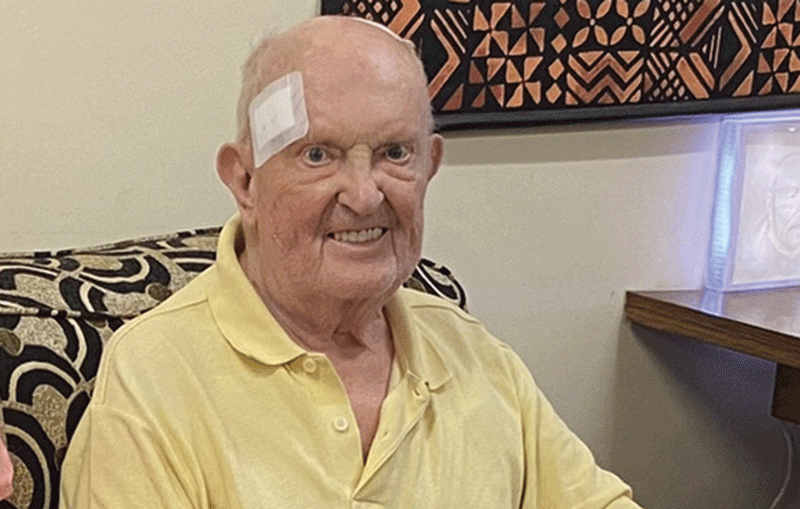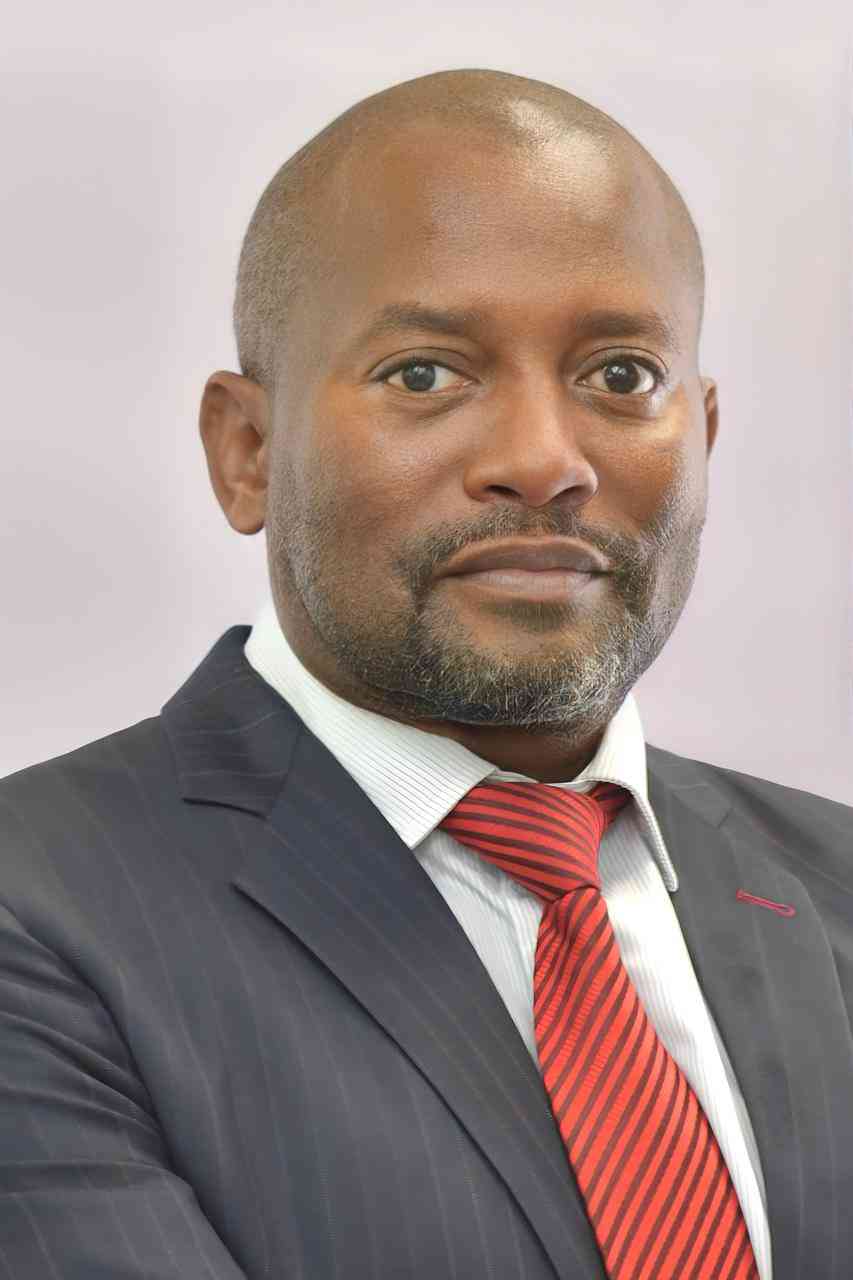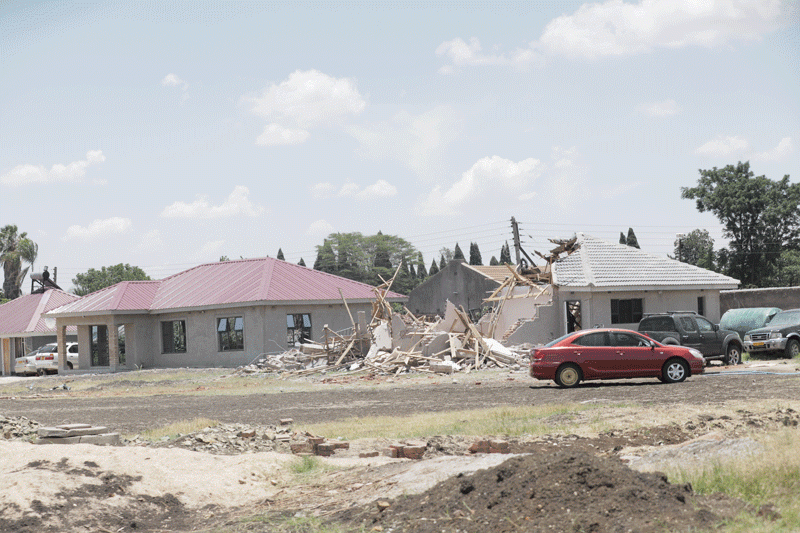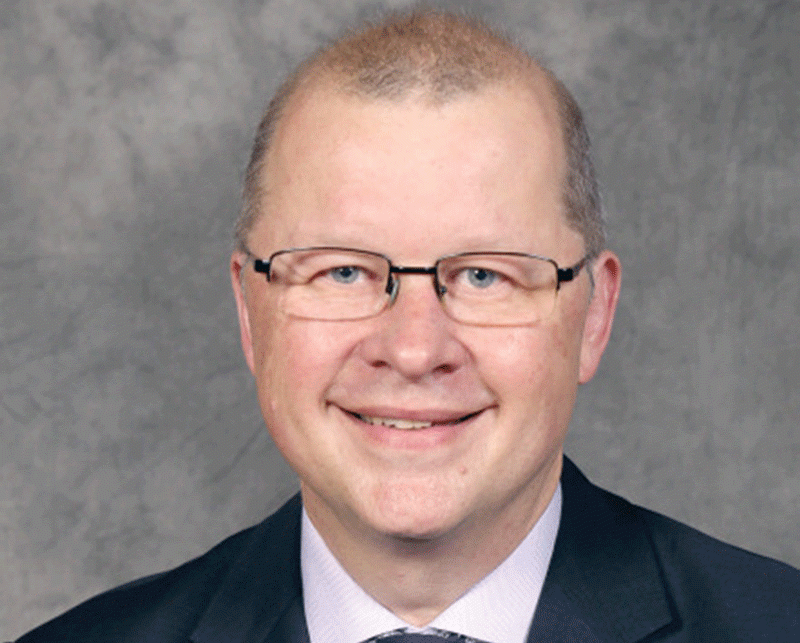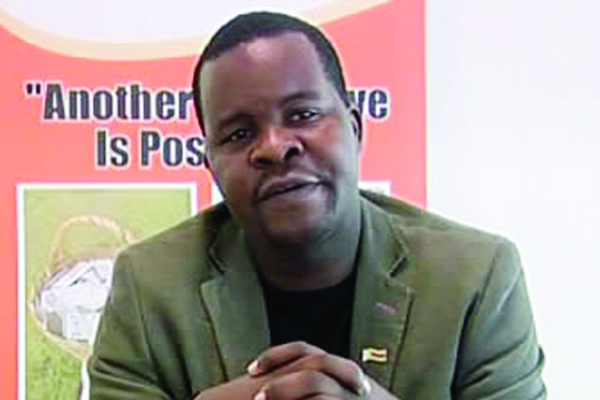
Since seizing power on the back of a military coup from Robert Mugabe in November, President Emmerson Mnangagwa of Zimbabwe has been promising that the planned elections this year would be credible, free, and fair.
DEWA MAVHINGA
Mnangagwa seems to be speaking the mind of many Zimbabweans, who desire an opportunity to vote freely for their leaders.
This also resonates with the United States and the European Union, which have said they will not provide significant new financial support to Zimbabwe until the country holds free, fair, and credible elections.
But Mnangagwa’s more recent statements that the election in 2008 “was fair, very fair,” throw into serious doubt his concept of what constitutes credible elections.
The ruling party, Zimbabwe African National Union – Patriotic Front (Zanu-PF) unleashed violent attacks against activists and perceived supporters of the opposition Movement for Democratic Change (MDC) after its unexpected victory in the 2008 national elections.
I was part of the Human Rights Watch team that traveled across Zimbabwe in 2008 to investigate and document the horrific abuses including beatings, torture, and killings.
The army played a major role in the large-scale and systematic abuses that led to 200 deaths, the beating and torture of 5 000 people, and the displacement of 36 000.
- Chamisa under fire over US$120K donation
- Mavhunga puts DeMbare into Chibuku quarterfinals
- Pension funds bet on Cabora Bassa oilfields
- Councils defy govt fire tender directive
Keep Reading
The Southern African Development Community (Sadc) Election Observer Mission to Zimbabwe found that, “The period leading to the run-off election was characterised by politically motivated violence resulting in loss of life, damage to property, and serious injuries sustained and hindering political activities.”
The Sadc observer mission concluded that the subsequent presidential runoff election did not conform to Sadc principles and guidelines governing democratic elections.
Under those guidelines, Zimbabwe committed to taking all necessary measures and precautions to prevent political violence, intolerance, and intimidation.
So Mnangagwa’s comments about the 2008 election raise fundamental questions about his benchmarks and understanding of a conducive environment for credible elections. He has also yet to back his pledge for free and fair elections with a substantive roadmap for needed electoral reforms.
Zimbabwe’s State security forces, notably the military, have for years interfered in the nation’s political and electoral affairs in ways that have adversely affected the ability of Zimbabweans to vote freely. This interference, including during the November 2017 ouster of Mugabe, could, as in the past, severely undermine the credibility of the forthcoming elections and raise the risk of countrywide political violence.
To demonstrate a real commitment to leveling the electoral playing field, Mnangagwa and his administration should make it clear to the security forces that their involvement in political affairs is unacceptable.
Security sector reform is fundamental to creating a society that respects the human rights of ordinary Zimbabweans. It is important now for the military leadership to publicly announce its commitment to credible, free and fair elections and to pledge to respect the outcome.
Urgent electoral reforms should start with making the Zimbabwe Electoral Commission (Zec) commission independent and professional, and giving it exclusive control over updating the voter rolls.
Zec is currently dominated by partisan state intelligence and military officials. At least 15% of Zec’s secretariat — which is charged with overseeing the 2018 election process — are serving or former military officials.
The Mnangagwa government should also take steps to amend or repeal repressive laws such as the Access to Information and Protection of Privacy Act (Aippa), the Public Order and Security Act (Posa), and the Criminal Law (Codification and Reform) Act. These laws, which have vague defamation clauses and draconian penalties, were used under Mugabe to severely curtail basic rights.
Partisan policing and prosecution has worsened the impact of the repressive provisions in the Aippa and Posa laws. Failure to repeal or significantly revise these laws as well as developing ways to address the partisan conduct of the police leaves little chance for the full enjoyment of rights to freedom of association and peaceful assembly prior to and during the coming elections.
Non-governmental groups, including human rights organisations, should be able to freely conduct voter education across the country.
Government media should give equal access to all political parties without bias or favour. The authorities should allow for the deployment of long-term domestic, regional and international election observers with unfettered access to all parts of the country.
Zimbabwe’s neighbours in the Sadc and the African Union should assist in preparing for credible, free, and fair elections. They should press Zimbabwe to ensure that security forces are politically neutral and that they don’t interfere in the country’s civilian and electoral affairs.
Now is the time for Mnangagwa to walk the talk and to move ahead on the reforms needed for credible, free, and fair elections. Without such reforms, the risk of widespread human rights abuses and sham elections remains high. Zimbabweans should someday be able to look back on the 2018 elections and genuinely say they were “fair, very fair.”
Dewa Mavhinga is the Southern Africa director at Human Rights Watch (follow on Twitter @dewamavhinga). He wrote this opinion in his official capacity as Southern Africa director at Human Rights Watch.

